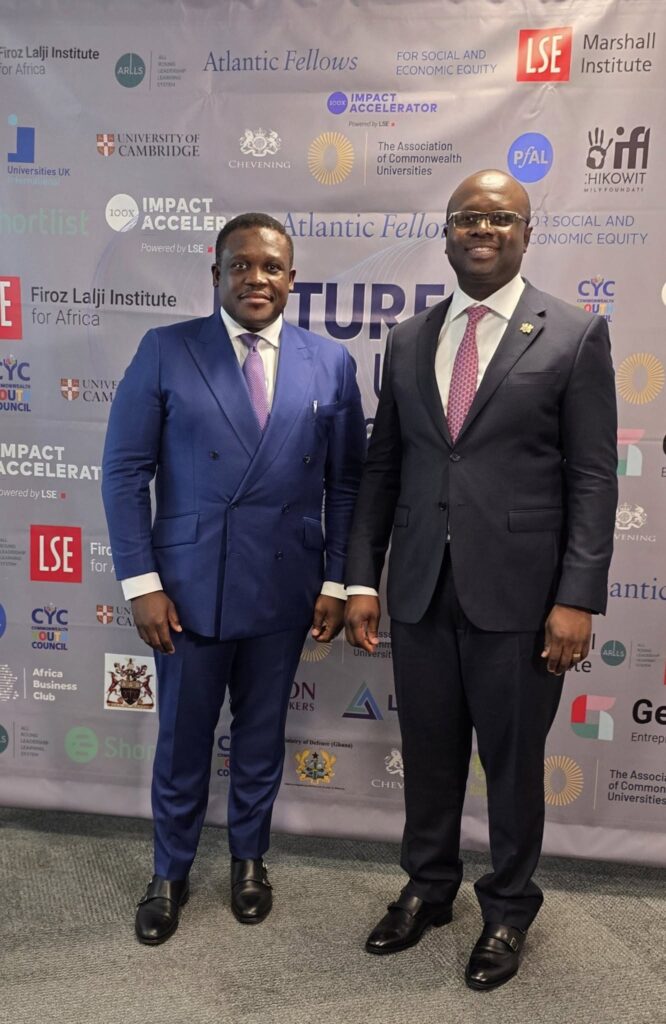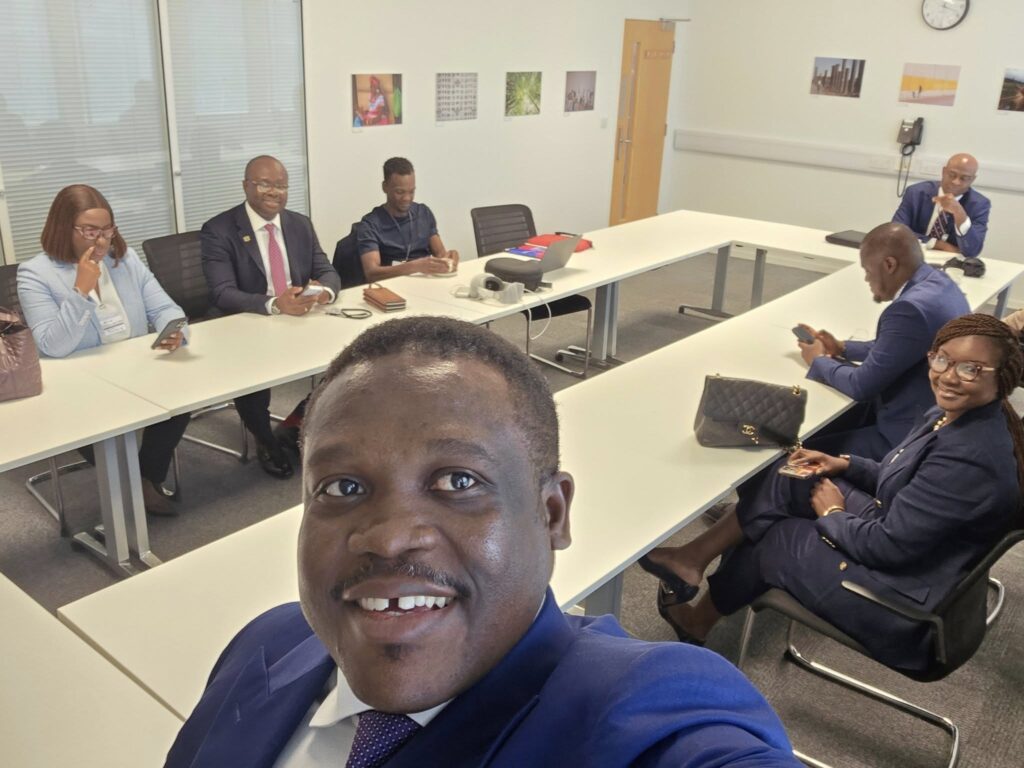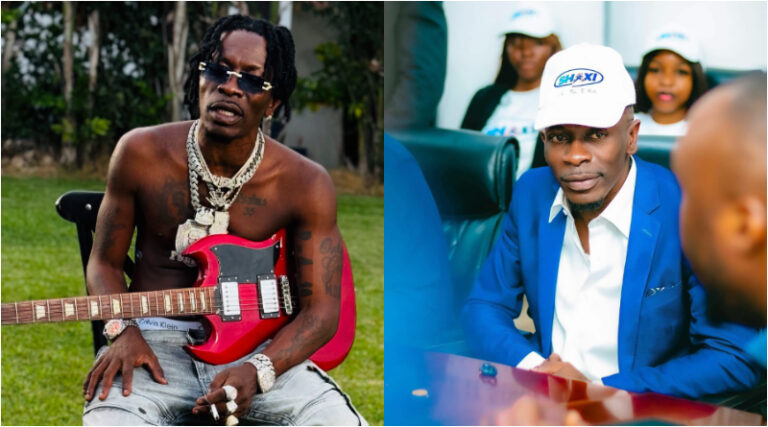Minister for Communications, Digital Technology and Innovation, Sam Nartey George, has disclosed that he almost ordered a nationwide internet shutdown to stop the spread of disturbing videos after the August 6 helicopter crash that killed Ghana’s Defence Minister, Dr. Edward Omane Boamah, and other top officials.
Speaking on Joy FM’s Super Morning Show, Mr George described the incident as a “mixed experience” and commended telecom companies—MTN, Telecel, and AirtelTigo—for their rapid response during the crisis.

“When the incident happened, I was distraught, but we still had a responsibility to the state… I was worried about the mental health of those kids and their spouses,” he explained.
According to Mr George, the government had not yet informed the victims’ families when graphic crash videos began circulating widely on WhatsApp—a platform beyond any country’s direct control.
Faced with the challenge, he considered two options: immediately shutting down the internet to stop the spread or finding a less disruptive solution.
“The shutdown could have caused a ripple effect worse than what we were trying to fix,” he noted, citing the reliance of many Ghanaians on streaming news and online communication.
Instead of cutting internet access, Mr George activated an urgent behind-the-scenes strategy. He contacted executives at Meta, owners of WhatsApp, to request intervention, and engaged the National Communications Authority (NCA) to coordinate with telecom operators.

Within two hours, over 30 million text messages urging restraint were sent nationwide—costs fully covered by the telecom companies.
“All those messages asking people to exercise restraint were funded by the telecom operators as part of working with us,” he confirmed.
The Minister’s decision avoided an internet blackout while still limiting the spread of distressing content, balancing public sensitivity with the need to maintain critical communications.




